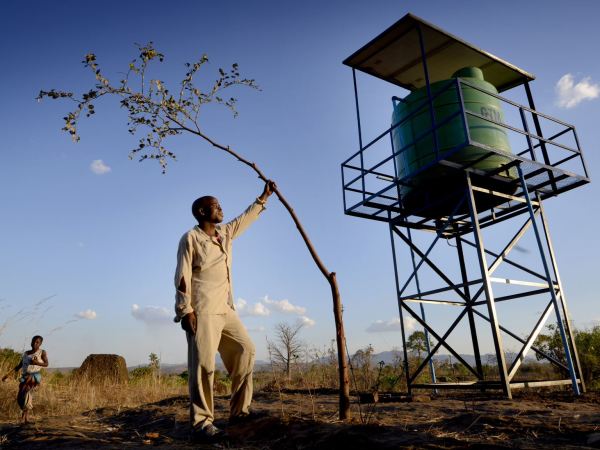SCIAF Statement on the merger of DfID and the FCO
16 June 2020

SCIAF is extremely alarmed by the Prime Minister’s announcement yesterday that he will merge the Department for International Development (DFID) with the Foreign and Commonwealth Office (FCO).
The two departments serve two very different purposes and merging them will mean that our delivery of international development aid and our response to humanitarian crises will be subordinate to our foreign and commercial policies. Aid priorities must primarily tackle extreme poverty, not promote national interests.
The Prime Minister should be congratulated for maintaining the Government’s commitment to spending 0.7% of GNI on overseas development assistance (ODA). That said, SCIAF is deeply concerned about how this money will be used and that it will now be diverted away from the world’s poorest people to states where we have security concerns.
This merger comes without proper consultation, not least with the UK’s international development and humanitarian sector, and only days after the International Development Committee published a new report praising DFID’s achievements and calling for MPs to support it as a standalone department.
It also circumvents the Government’s Integrated Review of Security, Defence, Development and Foreign Policy, subjecting Whitehall to bureaucratic engineering without a vision or strategy, let alone concrete policy, to orientate or guide it.
Scotland is outward-looking and internationalist by tradition and inclination. This merger is likely to be deeply unpopular and SCIAF’s own supporters will be gravely concerned. Scots workers also play a key role in providing life-saving aid around the world through the DFID office in East Kilbride.
The move could not come at a worse time. According to World Bank forecasts COVID-19 threatens to push an extra 100 million people into extreme poverty, while the climate emergency continues to threaten the lives and livelihoods of those who have done least to cause it. It also comes less than 200 days before we leave Europe. Aligning ODA under our foreign policy creates the extreme danger that it will be used to create incentives for potential trading partners, rather than tackling extreme poverty.
We strongly believe that for DFID to function effectively and to serve its purpose of reducing poverty and inequality in some of the world’s poorest countries, it must remain an independent department that is represented in Cabinet by its own Secretary of State.

SCIAF have united with leaders of faith-based NGOS to speak out against the UK government's decision to merge FCO and DFID.

Yesterday MPs approved the government's proposal to continue to slash foreign aid for an unknown period of time.

SCIAF’s Campaigns Officer Jonathan McAveety writes on why we need a coronavirus recovery which puts people and planet first.